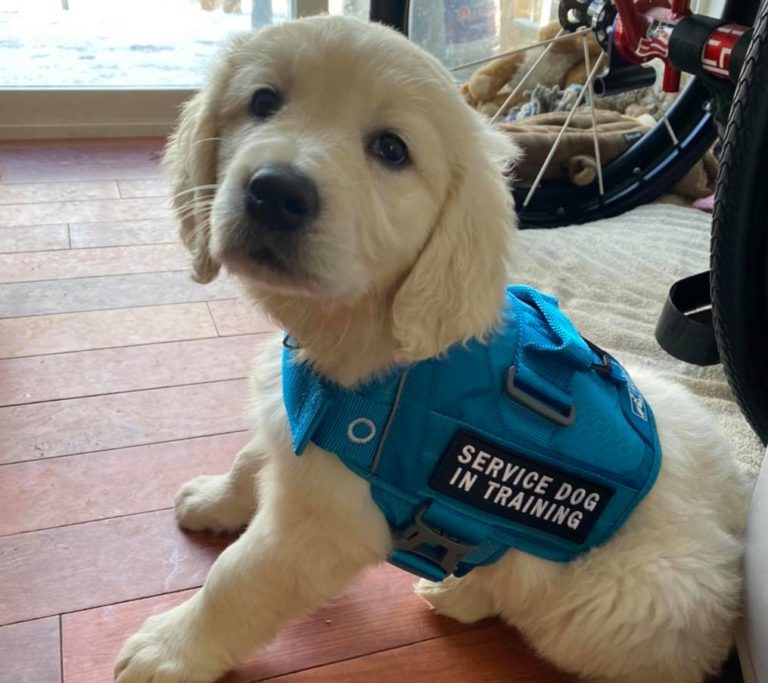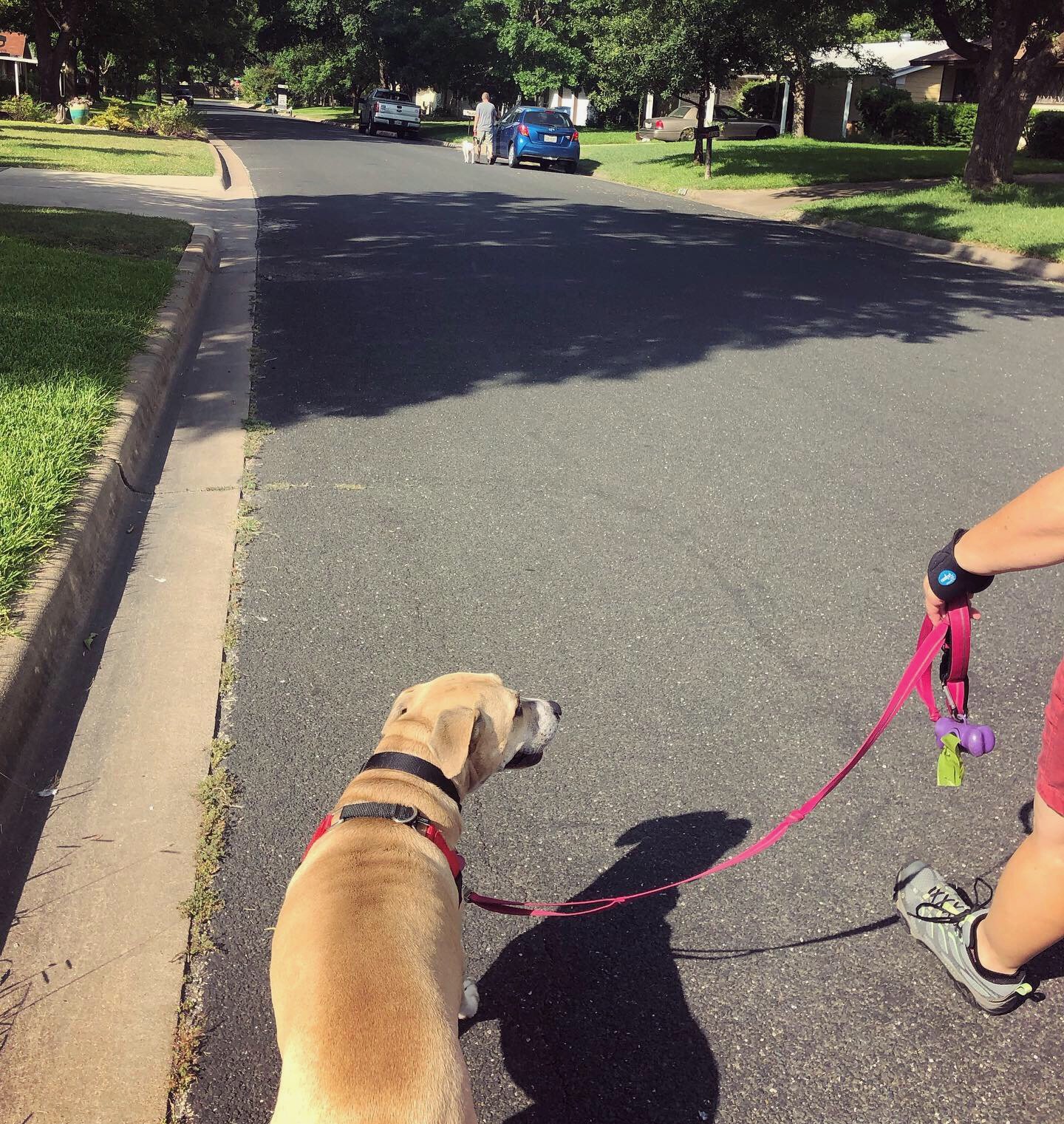Boost Your Skills with Local Dog Training Charlotte Programs
Boost Your Skills with Local Dog Training Charlotte Programs
Blog Article
Unlock Your Dog's Possible: Proven Dog Training Methods for Success
Reliable pet training is a nuanced process that hinges on understanding canine habits and using medically backed strategies. By integrating positive reinforcement, establishing clear commands, and focusing on socialization, pet dog owners can cultivate an efficient partnership with their animals.
Recognizing Canine Actions
Understanding pet habits is necessary for efficient training and promoting a favorable relationship between dogs and their owners. An extensive grasp of canine body movement, articulations, and social interactions is important for acknowledging their emotions and needs. Canines interact mostly with non-verbal cues; for example, a wagging tail may suggest excitement, while pinned ears can indicate worry or submission.

Furthermore, ecological factors play a substantial function in forming a dog's behavior. Adjustments in regular, new environments, or the existence of unfamiliar individuals can lead to stress or anxiety in pet dogs. Acknowledging these triggers makes it possible for proprietors to minimize adverse responses and establish proper training techniques.
Eventually, a deep understanding of pet dog habits lays the foundation for successful training approaches, improving both behavior and the overall bond between the canine and its owner. dog training near me. This understanding is vital for cultivating a well-adjusted, pleased canine companion
Favorable Reinforcement Strategies
Efficient training counts heavily on favorable reinforcement strategies, which have actually been revealed to produce significant cause shaping desired habits in pets. This method involves awarding a canine for showing particular behaviors, thus raising the likelihood that these behaviors will be duplicated. Rewards can take numerous types, including treats, praise, playthings, or play, relying on what encourages the private pet.

It is vital to gradually eliminate incentives as the pet dog discovers the habits, transitioning to periodic reinforcement. This method preserves the behavior gradually while protecting against dependency on continuous rewards. By concentrating on positive support, instructors can grow a trusting relationship with their dogs, advertising a cooperative and healthy and balanced training setting that boosts overall obedience and performance.
Establishing Regular Commands
A basic aspect of successful canine training is the establishment of constant commands. Uniformity in commands is crucial for effective communication in between the fitness instructor and the canine. When commands are consistent, pets find out to connect particular words with desired behaviors, which speeds up the training procedure and improves understanding.
To develop consistent commands, it is vital that all member of the family utilize the exact same terms and gestures. If one individual makes use of "sit" while another says "rest down," it can create confusion for the canine. Select clear, distinct words for commands and guarantee everyone associated with the dog's training abides by these selections.
Strengthen commands through frequent practice, making certain that the pet dog gets ample possibilities to respond properly. When a pet effectively follows a command, instant favorable support ought to comply with.
Lastly, hold your horses. Establishing consistent commands takes time and initiative. With devotion and clearness, you will help your canine develop a solid understanding of assumptions, eventually bring about a mannerly buddy.
Socializing and Exposure
Interacting socially a dog is essential for promoting a certain and well-adjusted buddy. This procedure entails revealing your pet dog to a variety of atmospheres, individuals, and various other pets to create their social abilities and adaptability. Early socialization, ideally between the ages of three to fourteen weeks, is important, as it lays the groundwork for a pet's future habits.
Throughout socialization, purpose to supply positive experiences in different settings, such as parks, active streets, and homes with other family pets. Introduce your dog to numerous stimuli, including sounds, sights, and smells, guaranteeing that each encounter is fulfilling. This direct exposure aids minimize fear and anxiousness, paving the method for a much more resistant canine.
Engaging in regulated group play sessions with other pet dogs can also improve social abilities, educating your pet dog ideal interactions and boundaries. Focusing on socialization will significantly contribute to your pet's overall joy and habits throughout their life.
Overcoming Common Educating Obstacles

One more constant linked here issue is disturbance. Dogs might have a hard time to concentrate in active or unfamiliar setups. Gradually desensitize your canine to diversions by beginning training in a quiet setting and slowly presenting more stimulations as they end up being efficient (dog training charlotte). Positive support strategies, such as deals with and praise, can maintain inspiration and emphasis.
In addition, behavior concerns like leaping or extreme barking can become frustrating. why not find out more Address these by educating different habits, such as resting smoothly when greeting guests. Uniformity and patience are essential; enhance wanted habits regularly and stay clear of scolding, which can lead to confusion.
Finally, identify that each canine is special, and training timelines might differ. Dressmaker your approach to your dog's individual demands, and look for specialist guidance if needed. With determination and the ideal approaches, conquering these challenges can cause a trained, satisfied canine friend.
Verdict
To conclude, opening a pet's potential demands a detailed method that integrates an understanding of canine actions, the application of positive reinforcement methods, and the establishment of regular commands. Early socializing and direct exposure to diverse atmospheres further improve a pet dog's adaptability and confidence. By addressing common training challenges with tailored methods and perseverance, a cooperative and unified connection between dog and trainer can be fostered, eventually resulting in a mannerly friend with the ability of thriving in various circumstances.
Reliable pet training is a nuanced procedure that pivots on you could try this out understanding canine actions and using medically backed strategies.Comprehending canine actions is crucial for reliable training and promoting a positive relationship between pets and their proprietors.Efficient training depends greatly on favorable support strategies, which have been revealed to produce substantial outcomes in shaping wanted behaviors in pet dogs. When commands are uniform, canines learn to connect certain words with desired actions, which accelerates the training procedure and enhances understanding.
In conclusion, opening a canine's prospective necessitates a thorough strategy that incorporates an understanding of canine actions, the application of favorable reinforcement strategies, and the facility of constant commands.
Report this page